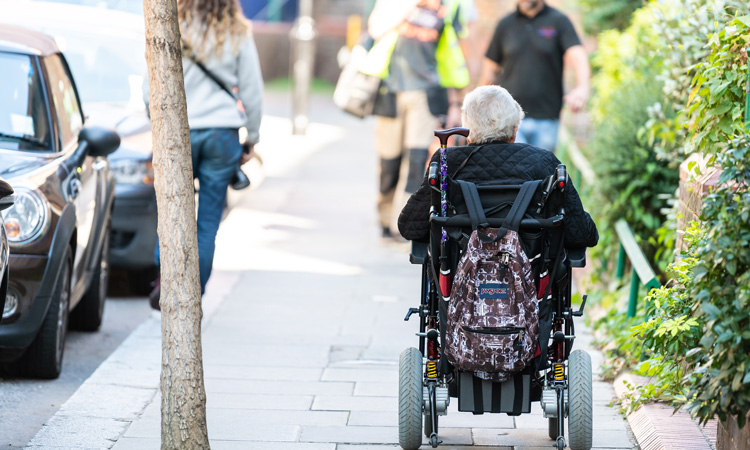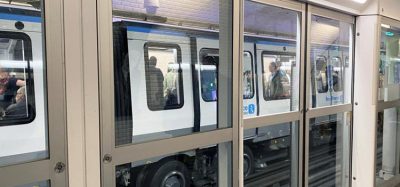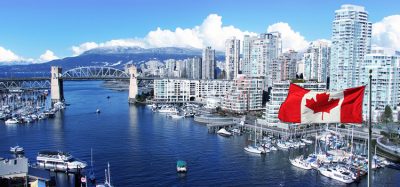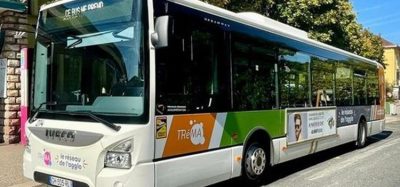Proposals set out by DfT to make UK pavements more accessible
- Like
- Digg
- Del
- Tumblr
- VKontakte
- Buffer
- Love This
- Odnoklassniki
- Meneame
- Blogger
- Amazon
- Yahoo Mail
- Gmail
- AOL
- Newsvine
- HackerNews
- Evernote
- MySpace
- Mail.ru
- Viadeo
- Line
- Comments
- Yummly
- SMS
- Viber
- Telegram
- Subscribe
- Skype
- Facebook Messenger
- Kakao
- LiveJournal
- Yammer
- Edgar
- Fintel
- Mix
- Instapaper
- Copy Link
Posted: 12 March 2020 | Sam Mehmet (Intelligent Transport)
The UK government is set to consult on proposals in the summer designed to improve the lives of people with mobility or sight impairments, as well as parents with prams.


New proposals to tackle pavement parking and make streets safer for parents and disabled people have been set out by UK Transport Secretary, Grant Shapps.
The 12-week consultation will include options such as allowing local authorities with civil parking enforcement powers to crack down on unnecessary obstruction of the pavement. Currently, outside London, only police have this power.
It will also consider how a nationwide ban on pavement parking enforced by local authorities might work, allowing for any necessary exceptions or designated spots for pavement parking where needed, and how a tailored approach may be required in rural and suburban areas which face very different challenges.
Shapps said: “Vehicles parked on the pavement can cause very real difficulties for many pedestrians.
“That’s why I am taking action to make pavements safer and I will be launching a consultation to find a long-term solution for this complex issue.
“We welcome the Transport Select Committee’s recent report and share their drive to tackle pavement parking and improve people’s daily lives.”
In 2019 the Department for Transport concluded a review which looked at the problems caused by pavement parking, the effectiveness of legislation, and the case for reform.
It found that pavement parking was problematic for 95 per cent of respondents who are visually impaired and 98 per cent of wheelchair users.
Blanche Shackleton, Head of Policy, Campaigns and Public Affairs at Guide Dogs, said: “Pavement parking prevents people with sight loss from getting out and about safely, resulting in feelings of loneliness and isolation. We look forward to working with the government to make this proposed law a reality.”
The department is also looking at possible options to streamline and digitise the process used to create restrictions such as temporary road closures for roadworks, special events or permanent changes to speed limits and parking restrictions, known as ‘traffic regulation orders’.
Related topics
Infrastructure & Urban Planning, Passenger Accessibility, Transport Governance & Policy, Vehicle & Passenger Safety
Related cities
UK
Related organisations
Department for Transport (DfT), Guide Dogs
Related people
Blanche Shackleton, Grant Shapps








